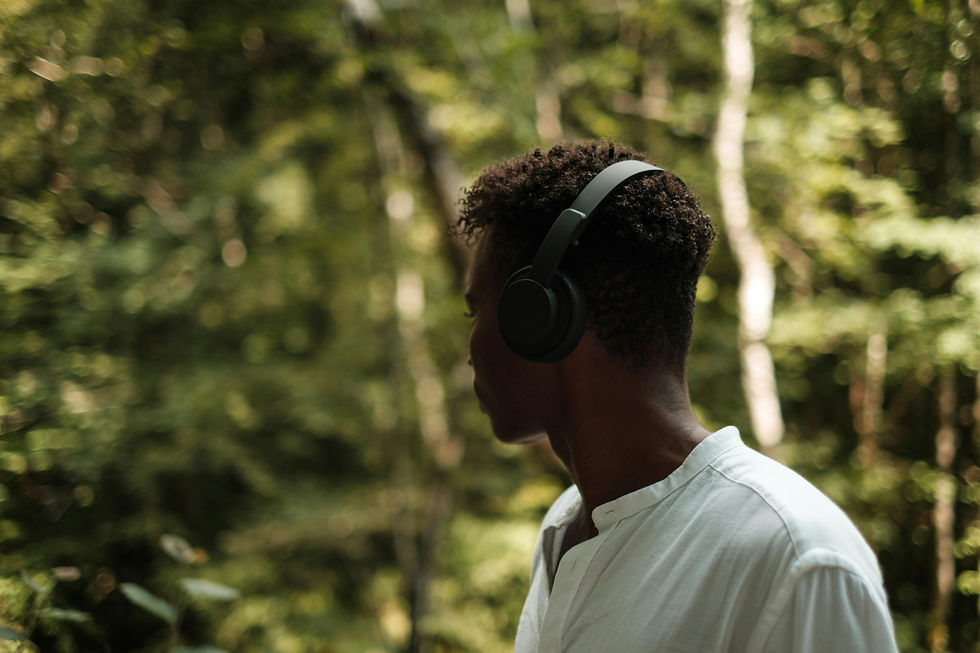Feeling Bass Increases Body Movement and Aesthetic Appreciation of Music
- Stuart Hindmarch
- Jun 9, 2020
- 2 min read

Why does music make us want to move? Why are bass frequencies particularly effective at getting us to dance in sync?
Professor Michael Hove sheds some much needed light on these questions in his latest research publication “Feel the Bass: Music Presented to Tactile and Auditory Modalities Increases Aesthetic Appreciation and Body Movement“. The experiment tested subjects’ abilities to tap in time to a selection of songs both ‘old’ (from the 1970’s and 80’s) and ‘new’ (from the 2000’s and 2010’s). The songs were played over headphones and a low frequency speaker or with additional haptic feedback from a SUBPAC. The researchers measured body excitability, groove ratings (groove being described as the musical quality that compels movement), and aesthetic appreciation: “in 2 experiments, we presented high-groove music to auditory and tactile senses and examined whether tactile sensation affected body movement and ratings of enjoyment and groove.”

The results support the theory that the tactile nature of bass contributes significantly to the connection between movement and low frequencies: “Results showed that the auditory-tactile condition yielded more forceful tapping, more spontaneous body movement, and higher ratings of groove and enjoyment… In sum, findings suggest that bass felt in the body produces a multimodal auditory-tactile percept that promotes movement through the close connection between tactile and motor systems.”

When noting the significant increase in enjoyment, it’s important to draw the parallel to Dr. Yewande Pearse’s research “How Feeling, Not Just Hearing, Sound can Help Your Brain Relax“ which highlights how the therapeutic potential of vibroacoustic stimulation depends on how much the person enjoys the experience. Thanks to Professor Hove’s work, we see that tactile low frequencies tend to increase one’s enjoyment of music, and therefore its therapeutic potential.

Another exciting implication of Professor Hove’s research is the possible application in treating Parkinson’s Disease symptoms such as rigid muscles leading to mobility issues. Previous research does suggest a relationship between bass frequencies and improved mobility in patients, however the exact mechanism is still not fully understood. One possible theory that we enjoy and have heard making the rounds is the idea that our bodies developed tactile sensors tuned to low frequencies (specifically the ‘Pacinian corpuscles’) as an alert system to warn us of large dangerous wildlife or natural disasters. This alert system activates our fight or flight response rendering our bodies more ‘excitable’ and able to move. Based on Professor Hove’s research, there’s now even more reason to take a closer look into the tactile nature of bass when investigating the seemingly endless effects.
.png)




Comments